Practising good allyship
17 November 2020
Te Herenga Mātai Pūkaha is celebrating Transgender Awareness Week with a guide to being an awesome ally for our trans community.
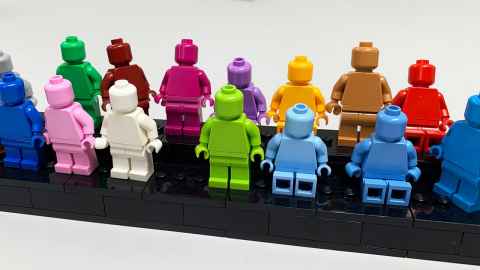
Every year, Transgender Awareness Week occurs during the lead-up to the Transgender Day of Remembrance on 20 November, which honours he lives of trans homicide victims. The first vigil was held in 1998 in Massachusetts for Rita Hester, whose brutal murder remains unsolved.
Aotearoa New Zealand feels far away, but even here, trans people are regularly threatened by harassment, violence and discrimination. A recent University of Waikato study reveals that these instances exist in public venues and via cyberbullying, and most lead to poor mental health outcomes. Cases that escalate to the point of suicide attempts are distressing, ranging at a quarter of the study’s participants.
As a faculty, we are committed to ensuring that everyone feels safe to work and study here. This includes addressing the wellbeing of our transgender community, which we can all participate in — and the good news is that it’s not difficult to be an effective ally. Here are some things to keep in mind.
Understand the trans identity
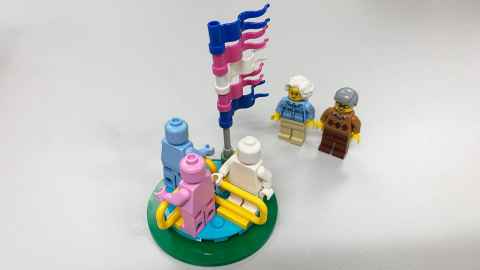
‘Transgender’ refers to people whose gender or identity do not match their sex assigned at birth. In some cases, this is used as a blanket term that can extend to involve all gender minorities and diverse sex characteristics, including intersex, non-binary people, Takatāpui, and more. The transgender flag represents the following identities: white for non-binary, and colours to represent trans masculine and trans feminine people.
While we don’t expect everyone to fully grasp the complexities of all trans identities, we should acknowledge that the diversity of trans lives mean that the issues they face can be just as varied. A commonly debated issue in mainstream conversations, for example, are trans rights in bathroom access.
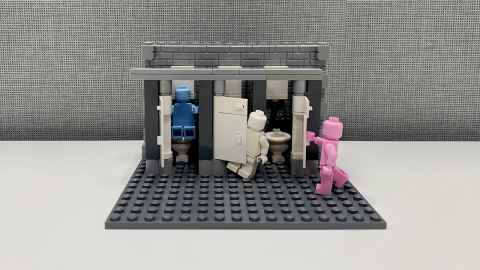
Bathroom usage is a part of the experience of living one’s gender identity — something that many cis people may take for granted — and is thus important to the wellbeing of trans people. Many arguments against this, as well as ‘gender policing’, are perpetuated by damaging myths, and with little understanding, these actions can ultimately do more harm than good. A person’s gender identity isn’t your decision the same way that it isn’t up to you to question if somebody is in the ‘right’ bathroom.
Use pronouns
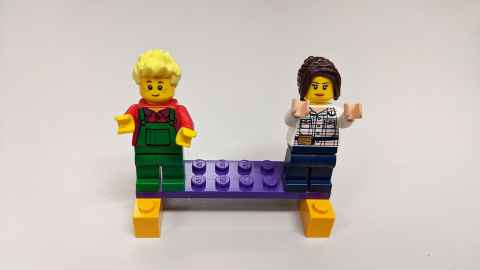
Using pronouns would not affect the safety or wellbeing of cisgender — those whose gender identities are aligned with their sex assigned at birth — people. A good general rule is therefore to introduce your pronouns where you can, even if you’re not trans. This shows respect for every person’s self-identification and creates a sense of belonging. It also reinforces allyship, protection and support for our Rainbow community by not singling them out.
When cisgender people include pronouns, it normalises it for everyone and protects trans and gender diverse people when they include their pronouns.
Here are some places where you can easily incorporate gender pronouns:
- In your email signature
- In your social media accounts
- During verbal introductions, or on name tags at events/meetups
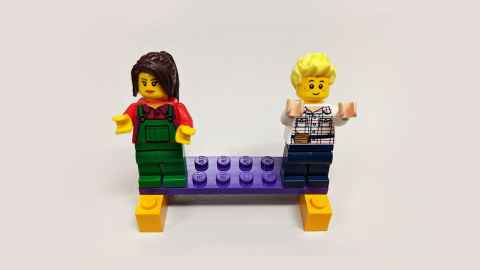
There are many terms in our day-to-day lives that are linked to gender identity, and it can take a lot of self awareness and practice to recognise them. Create inclusive environments wherever you go. Phrases such as “hi guys” or “ladies and gentlemen” can exclude some people, so it’s worth considering gender inclusive substitutes — this can be your chance to get creative!
If you’re unsure of someone’s pronouns, ask! It’s not good practice to make assumptions based on outward appearances — having a medical procedure, or dressing or acting in specific ways that are stereotypically gender-coded are not meant to be shortcuts to verifying one’s identity.
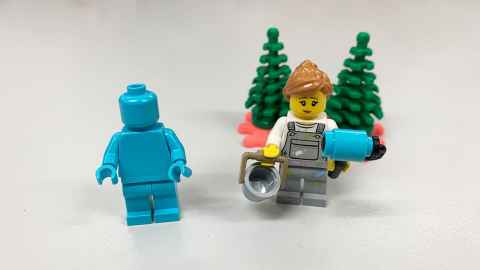
Avoid toxic behaviour
We all play a role in ensuring that trans lives matter. Violence against trans people is not limited to physical threats. While there are advocacy groups to address these issues in Aotearoa, bigotry and transphobia can still exist, in any space. Being a supportive ally involves recognising everyday actions everywhere that are harmful, and taking steps to challenge them.

Some common mistakes to avoid:
- Making trans people argue for why their identity should exist, or why they are who they are.
- Providing suggestions or compliments that are directly related to gender identity, such as “you look just like a real woman”.
- Asking trans people invasive questions, such as ones about their body. If a question is uncomfortable to anyone and you’re second guessing yourself, it’s generally best not to ask them.
- ‘Outing’ people on their behalf: some trans people aren’t comfortable with disclosing their status in some environments or situations. This isn’t information for somebody else to share and can have negative consequences.
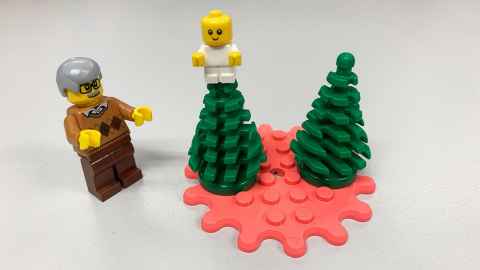
Be aware that people are capable of discrimination regardless of identity or political stance. Some groups are known to deliberately exclude and invalidate trans people — particularly trans women — because they're perceived to be a threat to cis people's rights. It's important to recognise these situations, and understand that their arguments (such as trans people attacking women in bathrooms) aren't grounded in reality, and that the identities of trans people are not up for debate.
If you feel you’re able to do so safely, call out bad behaviour. Actions matter, and just idly standing by can encourage bullies further. In a public space, you might be able to get help — or be the additional voice for someone else who is standing up for others.
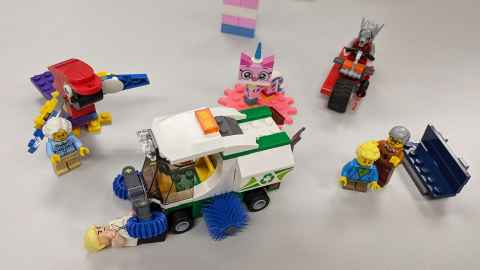
In some cases, derogatory language might be used among friends with no intention to do harm. Pointing this out might take more courage for many of us, and tolerance for potentially damaging actions can normalise them. Recognise that you’re not alone and that language, culture, stereotypes and behaviours are always evolving with time.
It’s okay to not know
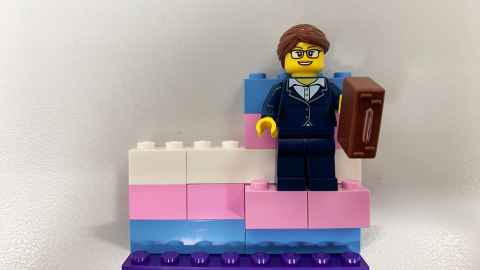
Help is available! Everybody is different and not everybody realises that they are trans at the same time in life, and there is no wrong way to transition. If you know someone in the process of questioning, be patient and use the pronouns they’ve asked you to use.
If you have questions about your identity, you might consider connecting with a support group; sharing with those who understand your position can make things easier. If you’re facing challenges with the process of transitioning — such as changing your name — some resources are also available on Campus.
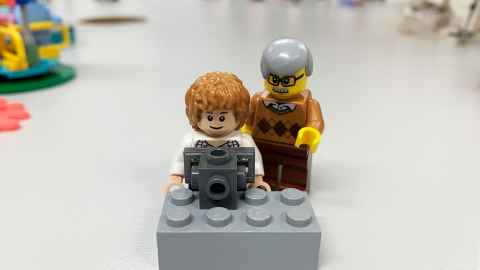
As part of the University community, we can always count on research. Many of us don’t know what it means to be transgender, non-binary, gender diverse or any existing identities that we aren’t even aware of, so don’t be afraid to ask, commit to listening to trans voices, and be open to new knowledge.
Be kind
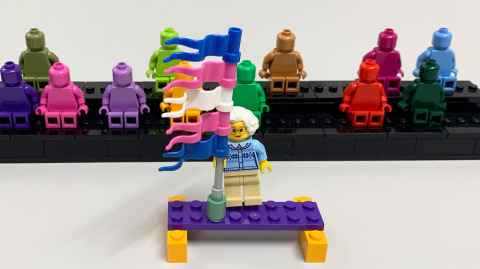
Do not feel ashamed when you notice yourself making a mistake, because learning and unlearning behaviours takes time. Being inclusive isn’t difficult: be kind, respect the experiences of others, be forgiving, and take any opportunity you can to learn and set a good example for those around you. Together, we can build a better, more powerful engineering community — by allowing people to live as their genuine selves.
We’d like to thank Chiaki Fenemore (he/him), Aria Wren (she/they), and Abbey Peters (she/her) for working with us on this Transgender Week of Awareness piece.
Special thanks to Dr Colin Doyle (he/him), President of the Auckland LEGO® User Group and Engineering's personal brick overlord.